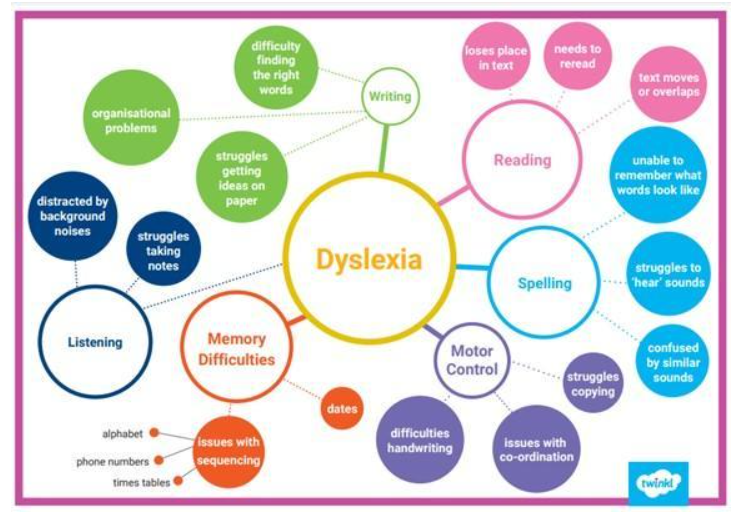We are a Dyslexia Friendly School
Meath Green Junior School is registered as a Dyslexia Friendly School

The award is issued to schools or organisations that can demonstrate they provide high quality education and practice for dyslexic individuals. Obtaining the Quality Mark provides a framework for schools to improve their understanding of dyslexia and literacy difficulties and to develop strategies that support the achievement and engagement of dyslexic learners.
Becoming a dyslexia friendly school requires the involvement and engagement of all of those within the school, and a review of the schools' approaches to teaching and learning; monitoring and assessment; differentiation; and high-quality practice across the range of ability and need.
What is Dyslexia?
Dyslexia is a difference in the way a brain works. People with dyslexia have strengths other than in literacy. They may be very creative or artistic, have good problem solving abilities or be good engineers or scientists. Dyslexia does not ‘go away’, but strategies can be successfully learnt to overcome the difficulties it causes.
Definition of dyslexia from the Dyslexia SpLD (Specific Learning Difficulty) Trust
Dyslexia is a specific learning difficulty that affects auditory memory and processing speed which impacts on literacy development, mathematics, memory, organisation and sequencing skills to varying degrees. Dyslexia can occur at any level of intellectual development. It is neurological in origin and is seen to run in families. It affects up to 10% of the UK population at some level and can affect anyone of any age and background. (Dyslexia SpLD-Trust March 2015)
Dyslexia can cause unexpected difficulties in acquiring certain skills in one or more of the following areas:

See dyslexia differently – watch the following videos:
Hear from some of the world’s most successful dyslexics including Orlando Bloom, Keira Knightley, Chris Robshaw and Maggie Aderin-Pocock about dyslexic strengths and thinking skills so you can really understand what dyslexia is and why we should celebrate it.
At MGJS we encourage multi-sensory teaching and learning, providing children with opportunities to learn through a good balance of visual, auditory and kinaesthetic learning styles. We promote a positive acceptance of difference, confidence to take risks make mistakes and learn from them, and a good working partnership between pupils and adults.
We recognise achievement and success in all aspects of learning including sport, music, art, dance and many other areas.
How can you help?
-
Daily reading – read to your child, let them read to you, share the reading, most importantly make it an enjoyable experience.
-
Play games to support them with spelling and reading - see the spelling tips sheet for advice.
-
Timetable any homework so that it is in small manageable chunks. Remember Dyslexic children have had to work harder than their peers and they may need a break before starting their homework.
-
Encourage your child to discuss their ideas and make a plan together before they start any written work.
-
Encourage your child to present projects to highlight their own personal strengths, be that through art or the computer.
Below you will find links with suggestions of ways you can help your child.
Here are links to agencies you may find useful:
1.South East Surrey Dyslexia Association (SESDA)
https://www.sesda-dyslexia.co.uk/
2.The British Dyslexia Association (BDA)
A national organisation offering a wide range of information for dyslexic children and adults.,
http://www.bdadyslexia.org.uk/
3.Nessy Online Reading and Spelling Programme
For children who are currently receiving this intervention, they can access it at home as well as at school.
https://www.nessy.com/en-gb/product/nessy-reading-and-spelling-home
4.The Helen Arkell Centre
https://www.helenarkell.org.uk/
